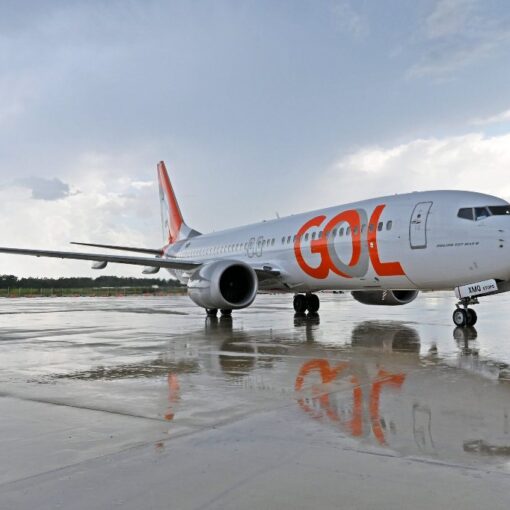Q24N (Confidencial) The seizure in Russia of a ton of cocaine from Nicaragua exposed the shortcomings of the so-called “retaining wall” strategy by the regime of Daniel Ortega, researchers and experts on national security issues agreed.
This government policy, led by Nicaragua’s National Police and the Army, is one of the assets that the regime uses to demand the end of sanctions against Nicaragua by the United States.
To erect this supposed “retaining wall” the Ortega has allocated, in recent years, millions of córdobas in human resources and equipment for maritime, air and land patrols, according to the national security forces.
– Advertisement –
One of the experts highlighted that the “inefficiency of the wall” is revealed in the size of the shipment, since moving a ton of cocaine from Nicaragua to Russia requires great “work in terms of logistics and organization.”
“They are not two or three tacos (wads) of cocaine that you can carry in a backpack, we are talking about hundreds of packages of drugs. All Nicaraguan institutions failed there,” he stressed.

The Russian Federal Customs Service detailed that drug traffickers “hid” more than 1,000 brown packages labeled with the letters “BBB” and “DIOR” in the upper part of a container that left Nicaragua.
According to the Russian agency, the value of the cargo on the black market exceeds 11 billion rubles (about US$122.7 million dollars).
“There is no retaining wall”
The supposed effectiveness of the government strategy is repeated time and again by the leaders of the Ortega security forces. At the 44th anniversary ceremony of the Nicaraguan Army, in September 2023, the head of the Armed Forces, General Julio César Avilés, assured that Nicaragua is “the safest country in the region, because the National strategy of the ‘retaining wall’ ‘It is highly successful.’
In the same speech Avilés virulently attacked the independent press and reiterated his loyalty to the dictator, Daniel Ortega. “Using this strategy we contain, divert and prevent the circulation of more than 800 tons of cocaine through our territory,” said the military chief.
– Advertisement –
However, for one of the researchers, the ton of cocaine seized “confirms what was already suspected: in Nicaragua there is no retaining wall and, rather, it has made it easier for drug networks to use the country as a platform of warehousing and trafficking.”
He explained that this “permission to drug trafficking” is given “directly and indirectly.” The first because “corruption, which promotes drug trafficking, has reached the highest levels in the Public Administration and the security forces.”
Indirectly, it occurs because “the Police and the Army are more focused on repressing opponents and guaranteeing the stability of the family regime, than on combating transnational organized crime,” he highlighted.
The Russian Government has not reported the name or nationality of the smugglers, nor the Nicaraguan port of origin, nor the shipping agency in charge of the container.
– Advertisement –
Neither the Police nor the Army or the Government of Nicaragua have referred to the issue.
Cocaine from a group outside of those “allowed”
Javier Meléndez, a security researcher, warned that “an operation like that, from Nicaragua, cannot be explained without understanding that drug trafficking is managed by the State of Nicaragua.”
“The regime administers it, controls it and decides which cartel can operate in Nicaragua,” said the specialist and former director of the Institute of Strategic Studies and Public Policies (IEEPP), canceled by the dictatorship in 2018.
He explained that, from his analysis for the specialized media InSightCrime, they came to the thesis that drug trafficking in Nicaragua “is an analogy” to what happened during the PRI governments in Mexico, which were colluding with drug traffickers.
Another of the experts agreed with Meléndez and opined that “both Russia and Nicaragua function as cartel states,” so it is “likely” that the shipment belongs “to a group outside of those ‘allowed’ or ‘controlled’ by both authoritarian regimes.”
“It is clear,” he continued, “that, due to the dimensions of the shipment and the destination, there was some type of support among the authorities so that this drug could be shipped and leave the port.”
Article translated from Spanish by Confidencial. Read the original here.
– Advertisement –
Source link
Q24N


